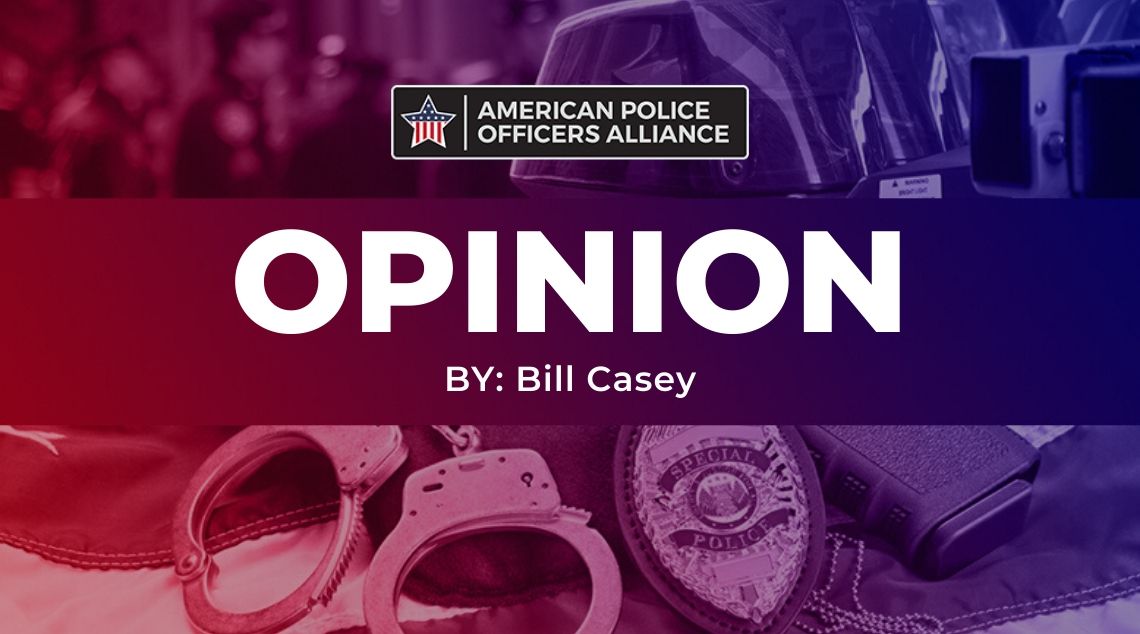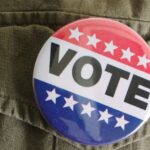Due to the hysterical rise of national criticism of law enforcement, enforcement of low-level crimes like shoplifting are beginning to be met with stiff resistance in major cities nationwide. This is, sadly, egged on by social media and 24/7 access to opinion programming, and a case of interest can get quick citywide, statewide, or even national attention (consider the George Floyd tragedy last year. While that definitely warranted national attention, it would likely have never left Minnesota had it occurred in the year 1994. Nonstop news coverage can both be a blessing and a curse).
Shoplifting is a particularly bad problem, best evidenced by the city of San Francisco. And the results on businesses have been devastating. Shoplifting is now such a major problem for Walgreens, the company has recently closed seventeen locations in the San Francisco metro, as their losses are now impacting their bottom line in a large way. This also affects those employed by these stores, hurting whole communities. Better for them to close the stores, rather than raise prices nationwide and further drive away business in all 50 states. It can’t be understated that this is a catastrophe. How much is theft impacting sales if a multi-million dollar company decides to largely give up operating in a major city? Target has also followed suit in a similar fashion, now closing stores at 6 PM instead of their usual 10 PM to combat rising theft at night.
It is easy to understand the philosophy behind why some want to discourage police pursuing low-level crime. If someone steals $45 dollars worth of goods from a store, for example, is that worth giving them a criminal record that will haunt them for the rest of their life? The item’s cost is a drop in the bucket and won’t even be noticed on the company’s bottom line, right?
These questions aren’t a bad thing to ask – just because something is illegal, that doesn’t mean that laws can’t be questioned. However, there are kinds of low-level crime that can snowball and become a much larger problem for society. Shoplifting can very quickly turn from fifty dollars worth of goods into multiple hundreds when word of permissiveness gets out. Making this worse, California now has a law that usually classifies any theft of an item under $950 as only a misdemeanor.
This is not only a California problem. It’s an endemic problem over on the West Coast, though, and also a major problem in Seattle, in particular. Even in the Midwest and elsewhere in this country it is becoming a larger problem.
This cannot go on. Business owners carry the burden of risk- if a business fails it can cause them (and their families) financial problems for years. This is under normal circumstances. In a situation where shoplifting is common enough to warrant dozens of store closings, why would any business owner in their right mind risk operating in the area – especially an independent business? It’s particularly troubling that a major company like Walgreens acted in the way they did, and seems to spell doom for multiple cities on the West coast if they don’t take care of this problem soon. It may also become a major nationwide problem that further impacts our economic recovery post-COVID-19.
With the new Biden administration comes the attempt to push a far-left agenda. The Democrats now hold a slight majority in the House, Senate, and control the presidency. One of the far-left agenda items that was introduced in the House was the new federal gun laws to the system called the Sabika Sheikh Firearm Licensing and Registration Act.









